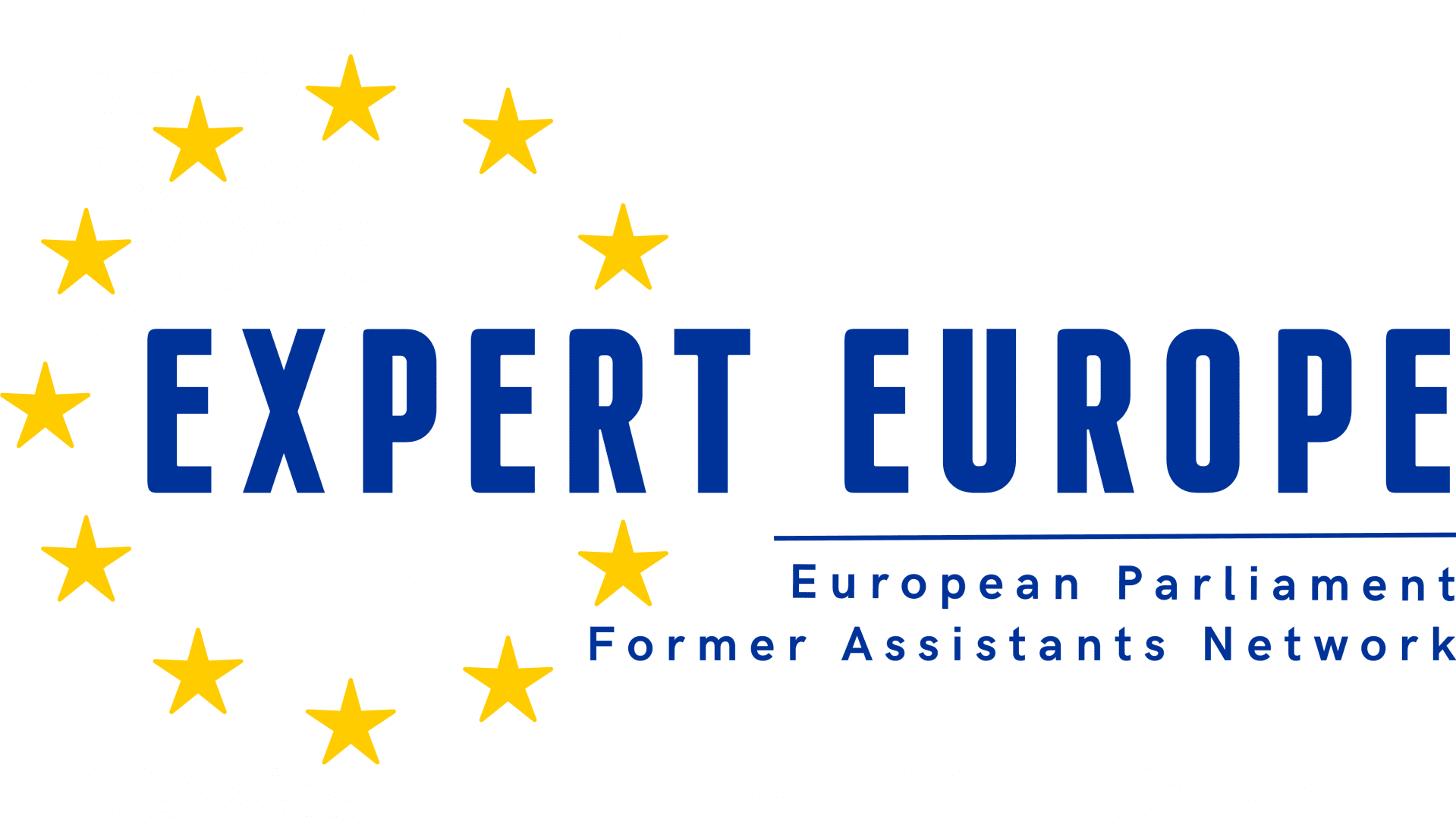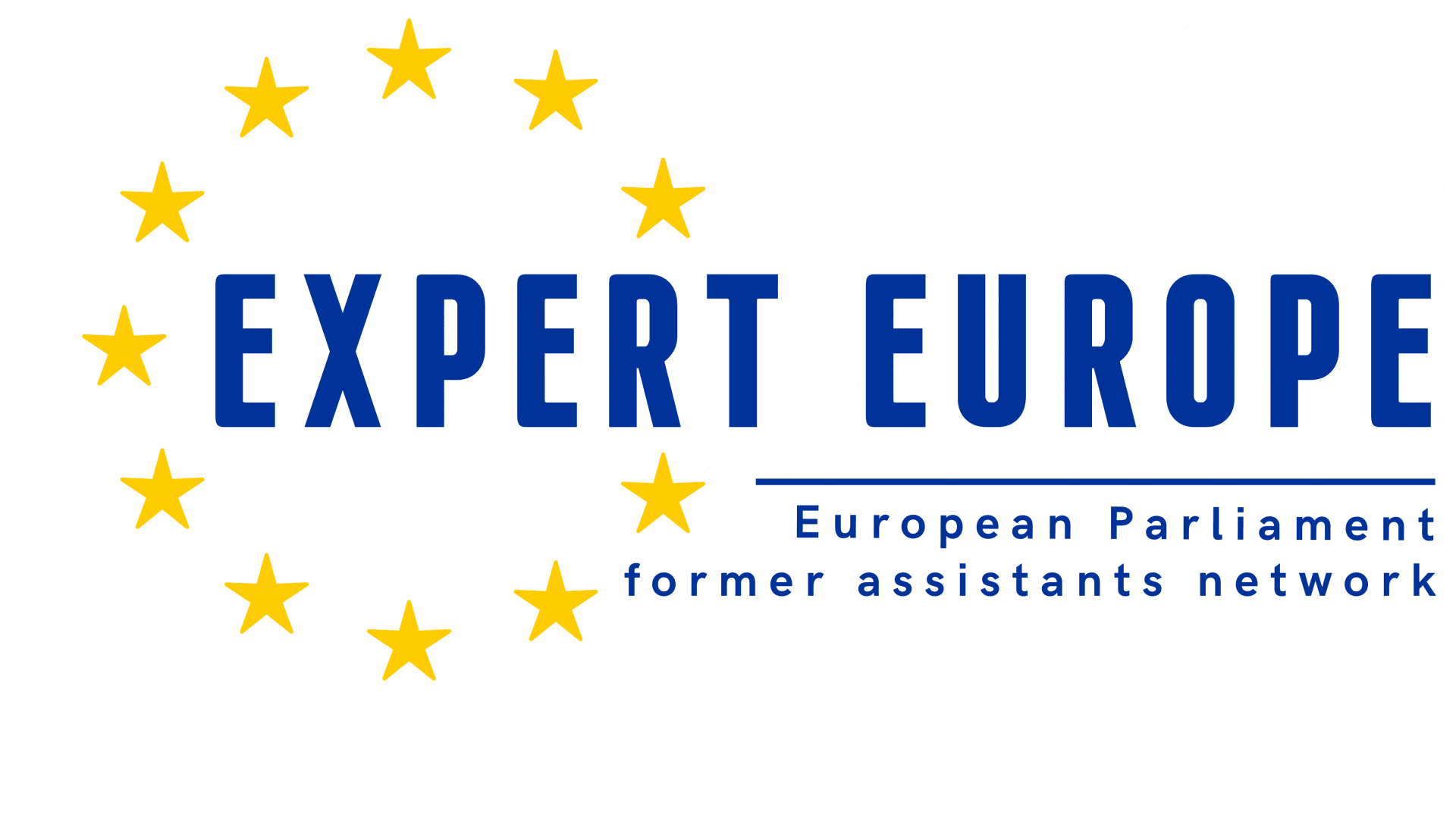|
Opinion |
Europe Must Take Command
Europe can no longer afford to remain strategically dependent. With the United States showing diminishing commitment to European security and global instability mounting, Europe must establish a permanent, autonomous military command structure to assume responsibility for its own defence and geopolitical relevance.
By

Christophe Gomart
EPP | Vice-Chair Committee on Security and Defence (SEDE)

Hélder Sousa Silva
EPP | Substitute Committee on Security and Defence (SEDE)
The illusion of perpetual peace in Europe has crumbled. The war in Ukraine, the resurgence of authoritarian regimes, and the growing instability on Europe's southern flank have shattered decades of strategic complacency. The post-Cold War era of the 'peace dividend' is over.
Faced with a dramatically altered global security landscape and with the United States showing diminishing commitment to European security, Europe can no longer afford to remain strategically dependent. We must act – and we must act together. Our citizens expect tangible security, not lofty rhetoric, and it is Europe's responsibility to deliver.
The time has come to build a permanent, fully equipped European Command and Control (C2) structure: a robust multinational military headquarters capable of leading autonomous operations, coordinating Member States' efforts, and integrating military power with Europe's diplomatic, informational, and economic instruments.
The time has come to build a permanent, fully equipped European Command and Control (C2) structure: a robust multinational military headquarters capable of leading autonomous operations, coordinating Member States' efforts, and integrating military power with Europe's diplomatic, informational, and economic instruments.
European nations are already demonstrating the political will to act jointly. Operations such as Takuba, ASPIDES, and Atalanta prove that cooperation is possible, even outside the conventional framework of the Common Security and Defence Policy (CSDP). But these ad hoc structures are no substitute for an integrated, standing capability. Operations are often run from a lead nation's headquarters or even delegated to NATO's command structure for lack of a European alternative. This fragmentation wastes time and undermines accountability.
If Europe wants to be a serious geopolitical player, it must establish a unified military headquarters designed not only to manage crises but also to fight and win in high-intensity conflicts. This would represent a paradigm shift in terms of personnel, resources, and technology, including the need for secure, Europe-controlled digital networks and communications tools.
The existing EU Military Staff (EUMS) is alarmingly under-resourced, operating on a meagre €30 million annual budget and with just around 100 personnel. SHAPE, NATO's headquarters, is built for combat and has proportionally 15 times more operational personnel. It is time to transition to an 'EUMS+'.
Europe already shares doctrine, trains together, and deploys jointly. But strategic integration requires more: revised governance of EUMS, intelligence sharing, common logistics and the harmonisation of security and defence procurement, with a clear European preference. And, most importantly, a political consensus on who decides in times of crisis. Effective command is impossible with fragmented leadership.
Strategic autonomy within five to six years is an attainable goal, provided we initiate these reforms now and allocate a European defence budget commensurate with the challenges ahead. The current 0.8% of the Multiannual Financial Framework (MFF) is insufficient. Both the European Commission and the European Council presidents have rightfully called on Member States to increase their military spending above the current 2% mark. However, the EU itself should also take the initiative and guarantee that the defence-related investments in the next MFF reflect these priorities. That means treating defence with the seriousness of a real European policy.
This will also require rethinking the Strategic Compass. The question today is not how to complement NATO, but whether we are prepared for the moment when American support may be absent or diminished. As the Trump presidency demonstrated, that moment is no longer hypothetical; it is a foreseeable reality.
Rhetoric must give way to resolve. We have the resources, the know-how, and the collective military potential. What we need now is the nerve to use them wisely and independently. Establishing an autonomous European command is about proving that the European Union can assume responsibility for its own security when it matters most. It is a bold step, but a necessary one for a Union that aspires to geopolitical relevance.
Rhetoric must give way to resolve. We have the resources, the know-how, and the collective military potential. What we need now is the nerve to use them wisely and independently. Establishing an autonomous European command is about proving that the European Union can assume responsibility for its own security when it matters most.
According to the Commissioner for Defence and Space, Andrius Kubilius, Europe faces a double imperative: to prepare for potential Russian aggression in the short term, and to plan for a long-term rebalancing of the transatlantic alliance. Both require the same foundation: institutional readiness, common capability, and political will.
We no longer live in a rules-based world. Brute force, not diplomacy, increasingly shapes global outcomes. If Europe wants to remain a player, and not merely a playing field, it must equip itself accordingly.
A permanent, autonomous European C2 structure is not just a military necessity. It is a test of Europe's political maturity. We have the tools. We have the know-how. What we need now is the courage to lead. The EPP Group is ready to show the way.
Disclaimer
All opinions expressed in this column reflect the views of the author(s) and do not necessarily represent the views of EXPERT EUROPE or its editorial team.

Comments0
Please log in to see or add a comment
Suggested Articles


